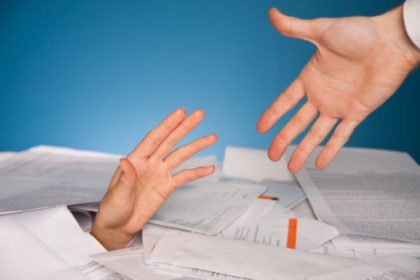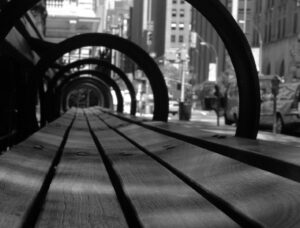The world right now is an uncertain place, and we are all trying to understand the new dynamic and how our lives will change. Millions of people across  the nation have suffered serious economic losses and impacts because of safety measures put in place to protect from spreading Covid-19. If you have lost your job and are facing a pile of unpaid bills, you are likely wondering how you are going to financially recover and may have even considered bankruptcy. Before taking the plunge, it is important to consider whether bankruptcy may actually be the best option for you and your family.
the nation have suffered serious economic losses and impacts because of safety measures put in place to protect from spreading Covid-19. If you have lost your job and are facing a pile of unpaid bills, you are likely wondering how you are going to financially recover and may have even considered bankruptcy. Before taking the plunge, it is important to consider whether bankruptcy may actually be the best option for you and your family.
Bankruptcy is a legal process for those who are unable to pay their bills. Through bankruptcy, you can obtain relief from your bills, stop debt collection actions, and wage garnishments. There are two different types of bankruptcy for private individuals: chapter 7 and chapter 11. Chapter 7 is also known as “liquidation bankruptcy”. During that process, your assets will be used to pay debts and whatever debt remains after your assets are exhausted will be discharged. Chapter 11, on the other hand, is called “reorganization bankruptcy.” With that type of bankruptcy, you will be put on a specific payment plan that will last for either three to five years to pay off all of your debt. Which type of bankruptcy is best or you will heavily depend on your income, as if your income is too high, you will be excluded from filing for Chapter 7 relief.
There can be several advantages to filing bankruptcy. With bankruptcy filing, the court issues what is called an “automatic stay.” This means that no collection efforts can go forward and you will stop the harassing calls from debt collectors. It also means that court cases attempting to garnish your wages or levying against your assets cannot go forward.
While bankruptcy is an important tool to discharge your debt, bankruptcy will not be effective to discharge all types of debt. One of the most important types of debt excluded is child support debt. If you have fallen behind on your child support payments and accumulated an arrearage, this will not be discharged in bankruptcy. Similarly, most types of student loan debt are not dischargeable in bankruptcy, although there are some important exceptions to that rule, such as if you took out a personal loan and just happened to use that money to pay for your education expenses.
There are, of course, some drawbacks to filing bankruptcy. One of the most obvious is that your credit rating will definitely go down. That said, if you are about to file bankruptcy, chances are that the bills were piling up and you were receiving negative credit ratings anyway. You should also not underestimate the emotional toll that filing bankruptcy may take on you. Many people are concerned about just walking away from the debt that they owe. This is especially true if you owe money to friends and family members who will not end up getting repaid if you file.
We are familiar with all types of issues about filing for bankruptcy. Call us at (320) 299-4249 for a consultation to talk about whether bankruptcy is right for you.






























